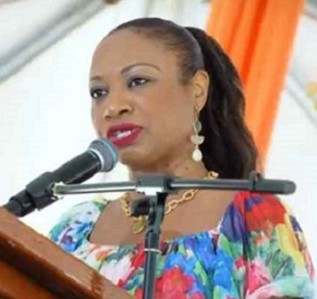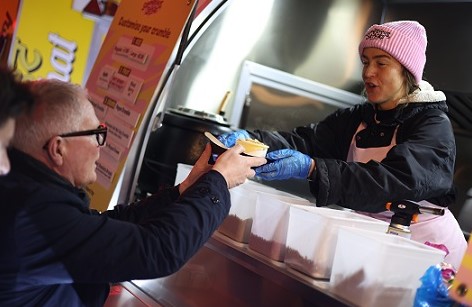In celebrating the birth of the Khalsa, the Sikh festival of Vaisakhi - one of the most significant holidays in the Sikh calendar – community spirit and forward-thinking will be high on the agenda as spiritual and physical integration remains at the fore, as it always has.
Also known as Baisakhi, due to its close connection with the foundations of Sikhi, Vaisakhi, which is one of 9 festivals India is celebrating this month, forms a significant role in the Sikh yearly calendar.
Originally celebrated as a Harvest festival, the Sikh focus of Vaisakhi commemorates the establishment of the Khalsa at Anandpur Sahib in 1699, by the 10th Sikh Guru, Guru Gobind Singh Ji.
Mainly centred in the Punjab region of India, when Vaisakhi - often referred to as the beginning of Solar year - comes around, most Sikhs will be visiting their local gurdwara (Sikh place of worship) for a service, followed by celebrations on the streets, which are colourfully decorated and feature marches and processions, and led by five initiated Sikhs (Panj Pyare) and the Guru Granth Sahib Ji on a float as the main focus of the procession.
Nagar Kirtan (town hymn singing) are set to take place, as well as displays of Sikh martial arts and langar (free food).











